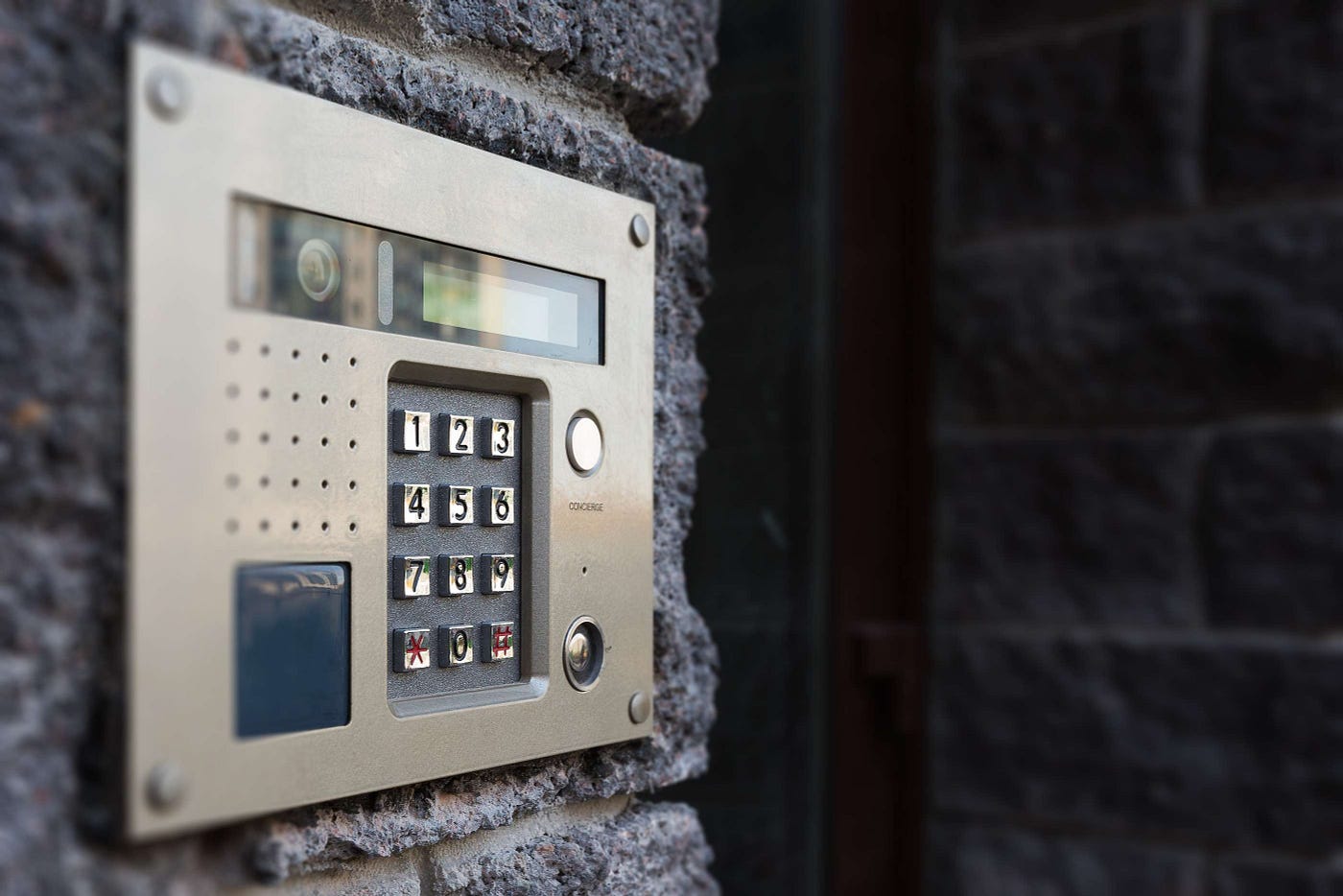In the realm of home and business security, well-functioning locks have a crucial role. A problem with your lock is more than a hassle – it risks the security of your space.
But don’t worry! Not all lock troubles require a professional locksmith. In this guide, we’ll explore 5 typical lock snags and give you simple solutions to fix them right away.
Slow Working or Stiff Lock
A slow-working lock is a common problem. It can be frustrating and potentially unsafe, especially when trying to unlock your door at night. Often, it’s because dirt and grime pile up in the lock mechanism. Over time, dirt and dust sneak in, slowly filling the lock. This leads to the accumulation of debris that hinders the smooth operation of the locking mechanism.
When a lock works right, the key goes in, and it operates without a hitch. If not, cleaning time might be due. Everyday grime and dirt may slowly sneak into the lock and potentially damage the insides. To remedy this, grab a cotton swab and gently clean the exterior of the lock. This simple maintenance routine can prevent further complications.
Graphite spray or silicone may also be used to lubricate the keyhole. This helps the key slide effortlessly into the latch, promoting a quick and easy unlocking process. Avoid using grease or oil – these substances can potentially block the lock, exacerbating the issue.
Faulty or Damaged Lock Mechanisms
The ageing process takes a toll on locks, leading to a noticeable decrease in functionality. Over time and with extensive use, locks may become unresponsive or exhibit signs of wear and tear. This is a clear indication that attention is needed to restore the lock’s optimal performance.
In such cases, seeking a professional locksmith’s aid becomes crucial. A seasoned locksmith can assess the condition of the lock and give recommendations on whether maintenance, repair, or upgrade is the best solution.
Booking a reputable locksmith service is essential, as locks can be intricate systems requiring specialised knowledge for proper restoration. Whether it’s a repair job to bring the lock back to life or replacement with a more secure model, trusting professionals in the field ensures reliable resolution to the common issue of faulty or damaged lock mechanisms.
Key Doesn’t Lock / Unlock the Door
A key failing to lock or unlock a door is a common issue, but a few simple steps can tackle it.
- First, double-check that you’re using the correct key – similar-looking keys can sometimes lead to confusion. Once confirmed, proceed to troubleshoot and identify the root cause of the problem.
- Insert the key into the lock and attempt to turn it on. If it isn’t moving the lock, check the key for signs of bending or damage. A bent key or wear and tear can hinder its smooth operation. To counter this, consider applying a lubricant to the keyhole to alleviate any friction.
- After lubrication, close the door and test if the key effectively locks it. If the door still doesn’t lock, the issue might be the deadbolt not striking the plate correctly. In such cases, it’s advisable to seek the assistance of a professional locksmith.
Broken Key Inside The Keyhole
Dealing with a broken key lodged in a lock can be a frustrating scenario, often stemming from various issues such as worn-out keys, malfunctioning locks, or even a misaligned door. The wear and tear of keys over time or a lock that no longer functions seamlessly can contribute to this common problem.
In some instances, individuals resort to applying excessive force to manipulate the lock, inadvertently causing the key to snap within the keyhole. A misaligned door exacerbates the situation, making it easier for keys to become compromised during everyday use. Forceful attempts to operate the lock under such circumstances may result in a broken key and a lock rendered nonfunctional.
The broken key must be extracted with specialised tools and expertise without further damage to the lock. A DIY attempt could worsen the situation, resulting in more complex and costly repairs. Seeking professional assistance ensures a careful and effective resolution to this common lock problem, restoring the lock’s functionality without compromising your security.

Uneven Door Latches
Often neglect yet significant aspect of common lock problems revolves around uneven door latches. When the door latch fails to engage with the strike plate correctly, the result is a door that won’t lock securely, potentially swinging open and compromising both convenience and safety. This prevalent lock issue can be attributed to various factors.
Firstly, improper door installation can be a root cause, leading to persistent lock challenges. In addition, environmental factors like heat play a role, particularly in hot climates where prolonged exposure can cause wood to shrink over time. The natural evaporation of moisture in wood exacerbates this issue.
Damp environments also contribute to latch and door problems, as wood tends to swell in response to moisture. This can affect the alignment of plates and latches, impacting the overall performance of the lock.
Furthermore, doors subjected to force or adverse weather conditions may sustain damage, directly affecting the functionality of the latch and plate.
Addressing these issues necessitates professional intervention. Attempting to fix uneven door latches without expertise could compromise the safety and security of your home. Calling in professionals ensures a thorough repair, restoring the functionality of your locks and fortifying the safety measures in place.
Conclusion
In conclusion, mastering lock repairs is crucial for maintaining the security and functionality of your home. We’ve explored the common lock issues, equipping you with the knowledge and solutions to address them effectively. Remember that prompt action is key to maintaining home security and peace of mind.
Apply the DIY tips for minor issues, but also recognise the value of professional locksmith services for more complex problems. Be proactive in safeguarding your home, and rest assured that you’re well-prepared to tackle any lock-related challenges that come your way.




